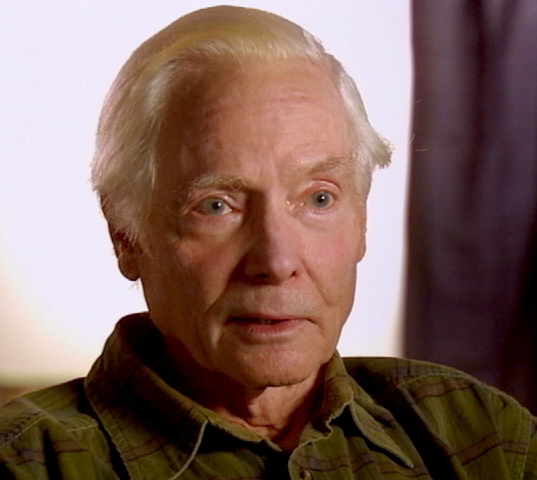W.S. Merwin will be the next Poet Laureate of the United States, a post I still think of mostly in Donald Hall’s delightful acronym as PLOTUS. Merwin is the third & last of the three poets appointed as special “Bicentennial Consultants” to the Library of Congress to be so named, joining Rita Dove (1993-94) and Louis Glück (2003-2004). Merwin is the 47th person named to the post since it was created in 1937 as the Library of Congress’ Consultant in Poetry. 38 have been men, 9 women. 45 have been white. 46 have been allied with the School of Quietude, the lone exception still being William Carlos Williams 58 years ago. Williams, alas, had had a stroke that year and was unable to accept the position which then stayed vacant until Randall Jarrell was named in 1956 and the seat was returned to poetry’s equivalent of the Grand Old Party.
I’m not going to belabor this last vestige of SoQ privilege other than to note that it’s consistent with the Obama administration’s ongoing excess of caution. Pulitzer Prize winners who have never been named to the post include the late George Oppen, John Ashbery, Gary Snyder & most recently Rae Armantrout. It is difficult to imagine an institution this far behind the Pulitzer in acknowledging aesthetic diversity, but there you have it.
But if the appointment of the PLOTUS is not about the range of what’s possible in American verse, it still serves a function, the creation of a public advocate for poetry. In this regard, one would have to say that Kay Ryan has been a superb Poet Laureate, perhaps not as great in the role as was Robert Hass, but quite conceivably second only to him. Hass proved an advocate for the environment as well as for poetry and left behind a column in the Washington Post, the most visible public occasion for poetry in a generation, which has only recently disappeared. Since she was yanked out of the relative obscurity of the College of Marin, Ryan has seemed to be everywhere, and has constantly spoken up for poetry without any particular agenda as to what kind. That strikes me as exactly what the laureate should be doing. Kay Ryan got it right.
In this regard, many laureates can be judged positively, whatever their aesthetic and whatever one might think of their writing. Still, there do seem to be at least two kinds of failure that can endanger any person named to the post. The first is a failure of omission. Louise Glück was virtually invisible during her tenure. The post could not have been more vacant. That was a missed opportunity.
The second kind of failure is the PLOTUS as bully, using the position to settle scores. Once one is named as Laureate, one really does bear a responsibility to all of poetry, not just to one’s particular tradition. In this regard, Charles Simic stands alone as the most embarrassing of laureates.
I won’t pretend that I care much for Merwin’s poetry. He is of interest principally as an example of the Lowell-ites of the 1950s who found they could no longer support the retropoetics of New Critical anti-modernism. Of the one-time Baby Brahmins who turned away from the old formalism, I find Merwin less compelling than Adrienne Rich, Donald Hall or even Robert Bly. Still, Merwin wrote one terrific book, 1967’s The Lice, for which he was awarded the Pulitzer nominally given to his next volume, the much blurrier The Carrier of Ladders. I’ve often contrasted his translation of The Poem of the Cid against Paul Blackburn’s of the same poem as evidence as to why & how Blackburn was a great writer.
Merwin has never struck me as a bully. I am however concerned that his tenure might prove as much of a whisper as Glück’s. At a time when the funding of literature and the arts is under attack in virtually every state budget, another ghost as laureate would represent a real abandonment of responsibility. I hope I’m wrong.
But imagine, if you will, what this same post might look like in the hands of Juliana Spahr, Linh Dinh, or Charles Bernstein, Bob Holman, Stacy Szymaszek, Rodrigo Toscano, Geof Huth or Camille Dungy. Or if the post was shared, say, by Kevin Killian & Dodie Bellamy. Or if the laureate had a name like Prageet Sharma, Mytili Jagannathan or K. Silem Mohammad. What a distance we still have to travel.






